God: "As for you, do not pray for this people, do not raise a cry of prayer on their behalf, do not plead with Me; for I will not listen to you"(7:16).
God, The Prophet Jeremiah, and Jerusalem (6th century BC): The prophetic vision that affirmed principles of absolute justice and morality emerged in the Jerusalem of the First Temple period.
Jerusalem had by this period evolved into a major city in the history of human civilization.
The prophets emphasized the concept of historical linearity, which maintains that the flawed present, with its rampant suffering and injustice, will ultimately undergo a radical metamorphosis, and that finally absolute justice, peace, harmony, and spiritual awareness will prevail.
It was in Jerusalem that people first lifted their eyes toward a more hopeful future.
The prophet Jeremiah was active in Jerusalem during the tragic period of the city's destruction by the Babylonians, a process that involved several stages.
Beginning in the thirteenth year of the reign of Josiah (626 BC), Jeremiah prophesied during the reigns of a number of kings: Jehoahaz, Jehoiakim, Jehoiachin, Zedekiah, and during the brief rule of Gedaliah ben Ahikam, whose assassination in ca. 585 BC put a final end to the remnant of the Jewish community in Judah and Jerusalem and symbolized the conclusion of the First Temple period.
Jeremiah's prophecies of destruction spoke of an ineluctable, invertible disaster:
"Lo, I am bringing against you, O House of Israel, a nation from afar declares the Lord. It is an enduring nation... a nation whose language you do not know... Their quivers are like a yawning grave they are all mighty men. They will devour your harvest and food, they will devour your sons and daughters..." (Jeremiah 5:15-17).
And again: "As for you, do not pray for this people, do not raise a cry of prayer on their behalf, do not plead with Me; for I will not listen to you"(7:16).
The prophet launched his mission in his native village of Anathoth, northeast of Jerusalem. He was rejected by his fellow villagers and his prophecies would later be rejected in Jerusalem:
But God told Jeremiah:
"Assuredly, thus said the Lord of Hosts concerning the men of Anathoth who seek your life and say, 'You must not prophesy any more in the name of the Lord, or you will die by our hand ...
'I am going to deal with them: the young men shall die by the sword, their boys and girls shall die by famine" (11:21-22).
Aware of the inevitability of a terrible punishment, Jeremiah felt disgust with his life (20:14-18).
The concept which had been successfully enunciated by the prophet Isaiah about a century earlier, holding that Jerusalem and the Temple possessed a spiritual inviolability, had become distorted by Jeremiah's time:
This divine protection, prophesied Jeremiah, was no longer bound up with the moral leadership of the nation, but rather the moral decay of the entire nation - its leadership and the people were likened to Sodom and Gomorrah by the prophet.
"Thus said the Lord of Hosts, the God of Israel: mend your ways and your actions, and I will let you dwell in this place. Don't put your trust in illusions and say, The Temple of the Lord, the Temple of the Lord, the Temple of the Lord are these [buildings]. ... therefore I will do to the House which bears My name, on which you rely... just what I did to Shiloh" (7:3-4, 14). Jeremiah was placed outside the law during the reign of Zedekiah and placed in detention until the destruction of the city by Nebuchadnezzar (39:14).
Sunday, November 23, 2008
Jeremiah and the Face of God
Labels:
6th Century BC,
Iniquity,
Jeremiah,
Jerusalem,
Judgment,
Prophet,
Wrath of God
Subscribe to:
Post Comments (Atom)





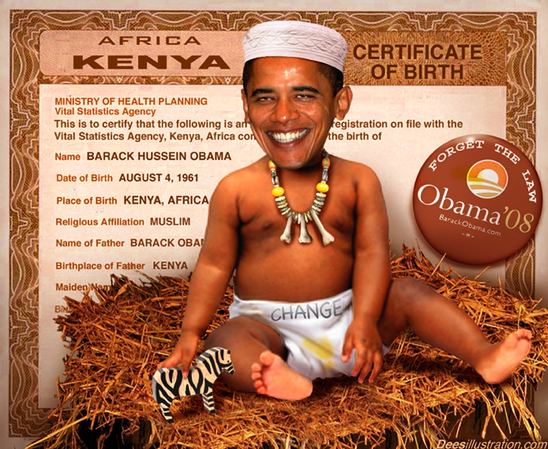







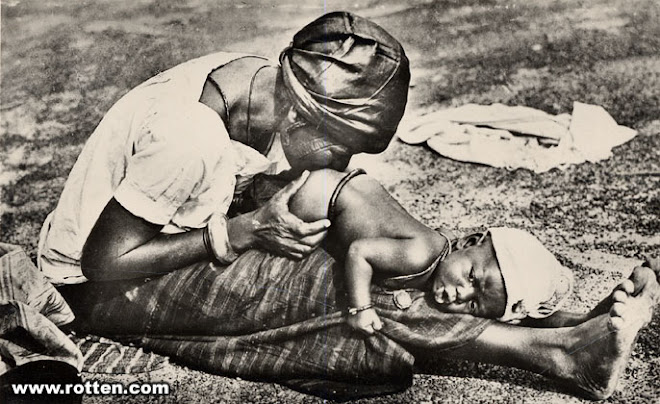















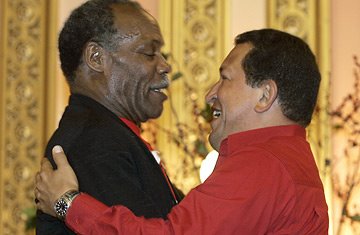
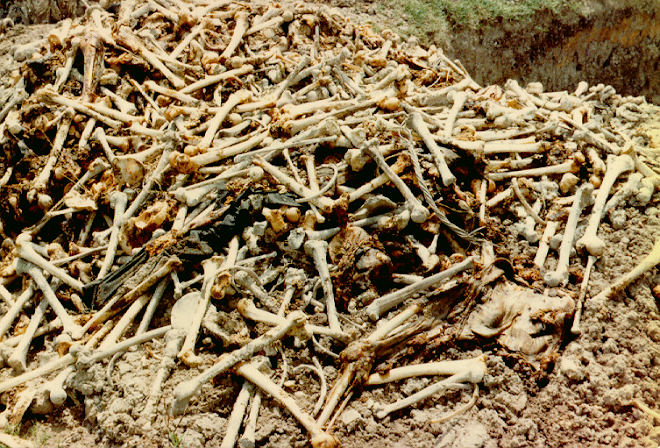
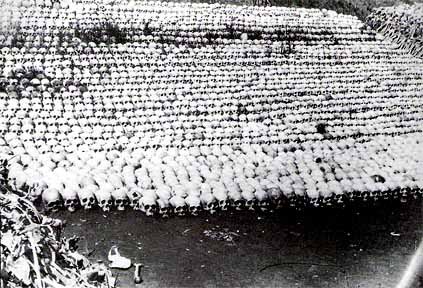
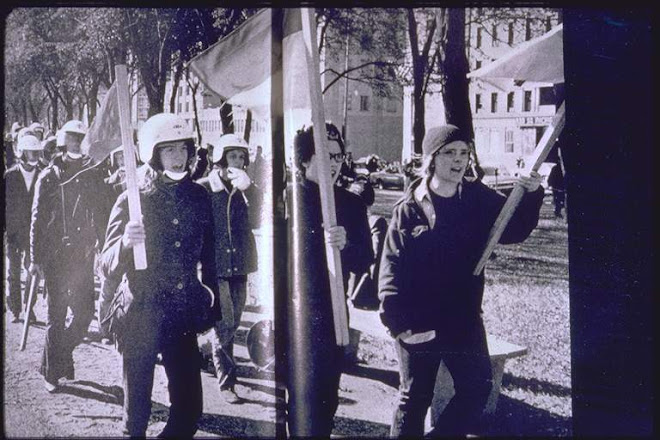
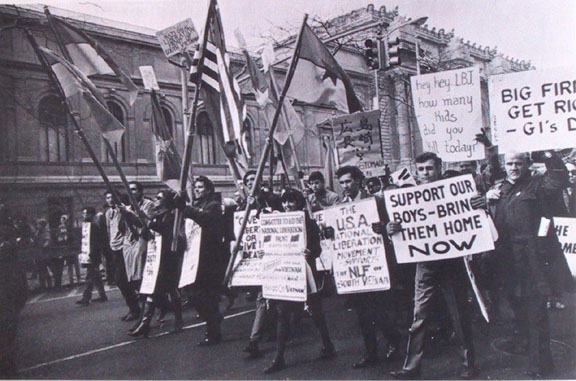
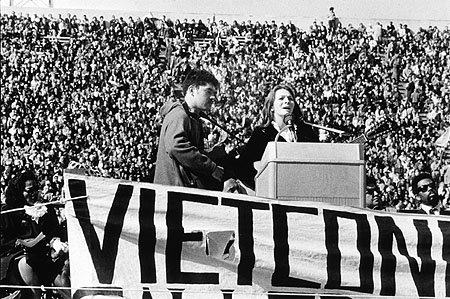

















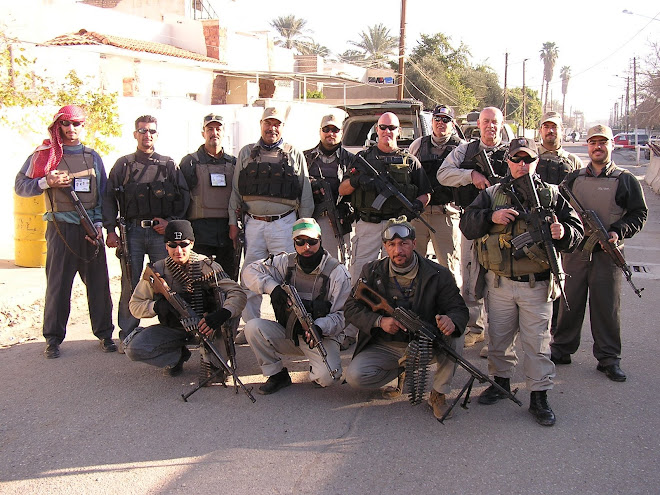
No comments:
Post a Comment